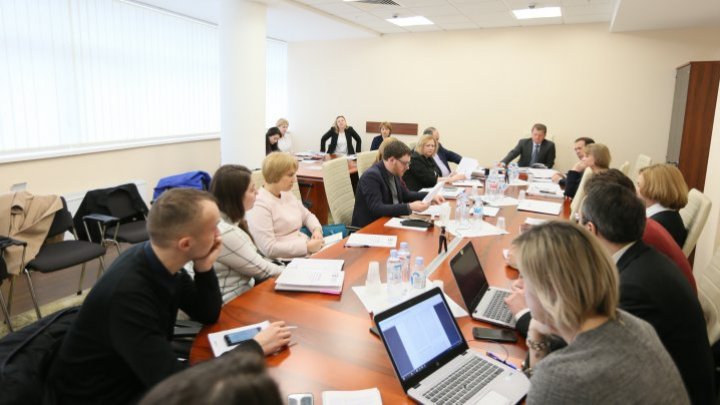Committee for human rights and inter-ethnic relations spoke on combating and preventing discrimination
 foto: parlament.md
foto: parlament.md
Access for disabled people to goods and services is the area were most discrimination was registered. A report on combating and preventing discrimination in Republic of Moldova for 2017, was discussed today during a meeting of the Committee for human rights and inter-ethnic relations.
According to the Committee's president, Ian Feldman, in 2017, a total of 151 discrimination cases were reported. Compared to previous year, the number has increased by 75% in discrimination cases on access to goods and services available to the public.
"Most discrimination in society was reported at the chapter of access to public transportation and social objectives. This criteria being followed by age and gender discrimination" Ian Feldman said.
Among constant discrimination, authors mentioned unjustified limitation of access to the State's free health insurance, discrimination in pension benefits, the different amounts of social benefits provided for identical risks etc.
At the same time, compared to last year, workplace discrimination rose by 50%. According to the report, some employers were having specific requirements that excluded or favored certain people, pay gap, refusal to hire disabled people etc.
According to the authors, other areas that limit certain human rights are found in law and insult to human dignity. Most problems encountered in law is access for disabled people to courts and the judges' reticence to meet the necessities of disabled people. At the same time, compared to the previous year, discrimination in education lessened.
After the meeting, deputies drew a list of recommendations for authorities.
Committee for human rights and inter-ethnic relations is an autonomous body, impartial and independent, established in 2013. Members of the Committee are appointed by the Parliament of Republic of Moldova for a period of 5 years.